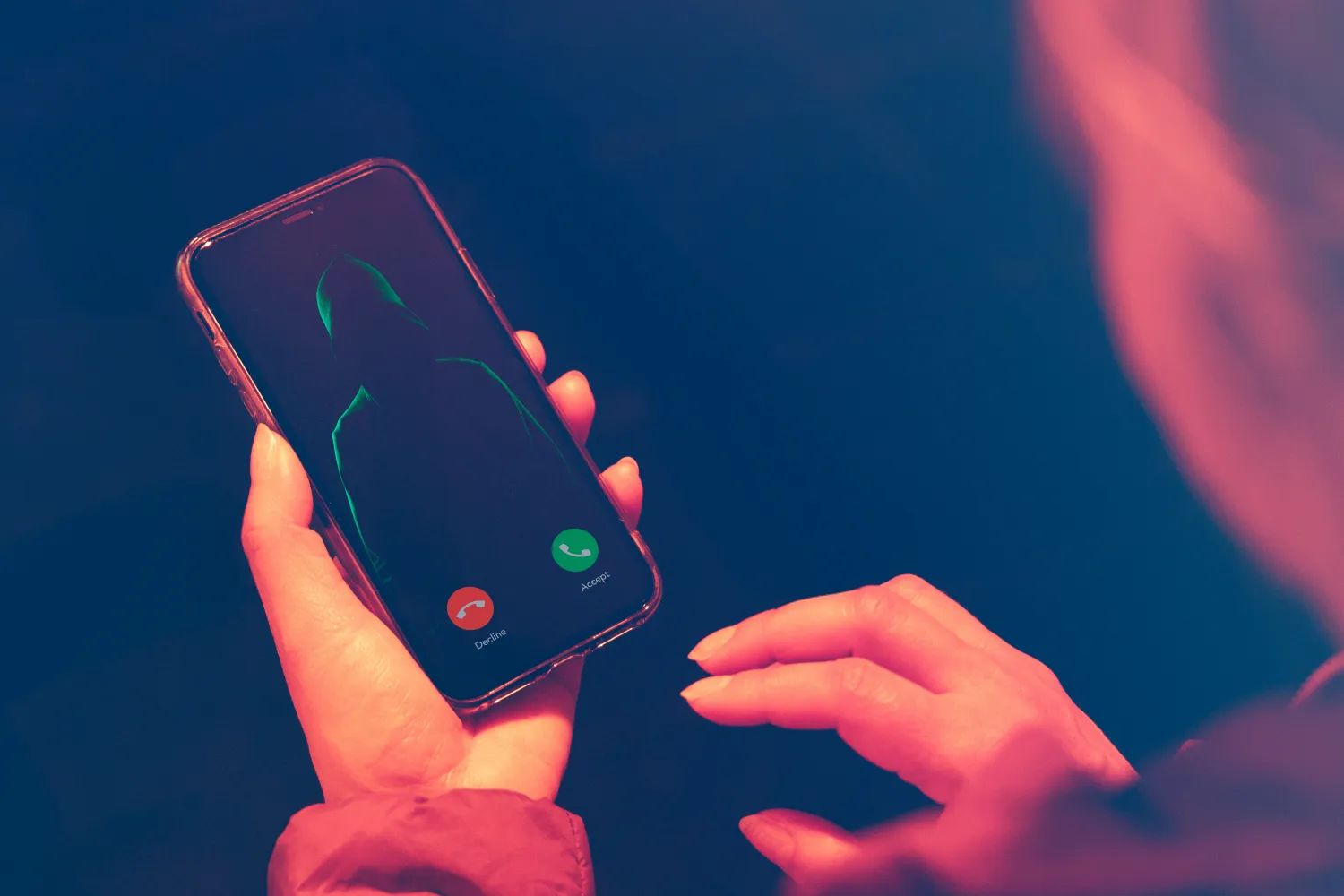Key Takeaways:
- Digital life comes with privacy risks. While our online activities bring convenience and connectivity, they also open up more opportunities for bad actors and third parties to access personal information.
- Proactive protection is essential. Using strong, unique passwords and enabling multi-factor authentication are vital steps in safeguarding your digital identity from cyber threats.
- Tools and awareness make a difference. Employing tools like VPNs, avoiding oversharing personal info, and staying alert to current scams significantly boosts your online safety.
Everything we do is connected to the internet. Whether you’re sending emails and writing code for work, setting your kids up with their favorite game apps on their tablet, or just checking out at the grocery store, most of us couldn’t go five minutes without doing something online, even if we don’t think about it.
In a lot of ways, this is great. It’s convenient. It’s fun. It makes us more connected than ever. But it also means there are more ways for third parties to get their hands on your information.
There are many ways to protect yourself and your family online, so we’ll make it simple for you and narrow the list down to our top five.
1. Don’t Slack on Passwords
Don’t use the same password twice. Keep them complicated and unique—using numbers, special characters, letters, and different capitalization. When you use strong passwords, it’s hard for scammers and hackers to breach your account.
2. Embrace Multi-Factor Authentication
We get it—it’s an extra step. But using a Google verification code or similar authenticator helps confirm it's really you, and goes a long way toward protecting your accounts.
3. Protect Your Personal Information
Sharing your number might seem harmless, but it can expose more than you think. When a company or individual has your number, they can find all kinds of personal information. So, create a custom phone number with Burner. That way, your private info stays that way.
4. Browse With a VPN
Especially if you’re on public Wi-Fi, browsing with a VPN adds a layer of encryption between your activity and your internet service provider. It makes it harder for third parties to skim your data or trace it back to your IP address. With Burner Premium, VPN protection is included.
5. Stay on Top of Popular Scams
Scammers are constantly evolving and adapting their schemes, so it’s important to be aware of scams that are — for lack of a better word — trending. The more mindful you are, the easier it is to avoid falling victim to some increasingly sophisticated ploys to get your data or account information.
FAQs
What are the three main areas of risk for Internet safety?
- Contact: being subjected to harmful online interactions with other users.
- Conduct: personal online behavior that increases the likelihood of, or causes, harm.
- Content: being exposed to illegal, inappropriate, or harmful material.
What personal information should you not give out?
Sensitive information includes: your address, phone number, family members' names, car information, passwords, work history, credit status, social security numbers, birth date, school names, passport information, driver's license numbers, insurance policy numbers, loan numbers, credit/debit card numbers, PIN numbers, and more.
What is the number one type of identity theft?
The most common type of identity theft is financial identity theft. This involves using someone else's personal information to open new accounts, take out loans, or make fraudulent purchases.
Stay Safe Out There
You take safety precautions in your daily life all the time. Wearing a seatbelt. Putting on sunscreen. Looking both ways before you cross the road. These things are second nature, but you may not have adapted to take the same care with your digital life.
Want to keep your personal info more private online? Start by separating your phone number from your online activity. Protect yourself online and in the real world — try Burner today.
Sources:
The Latest Scams You Need to be Aware of in 2025 | Experian




.svg)
.svg)

.svg)
